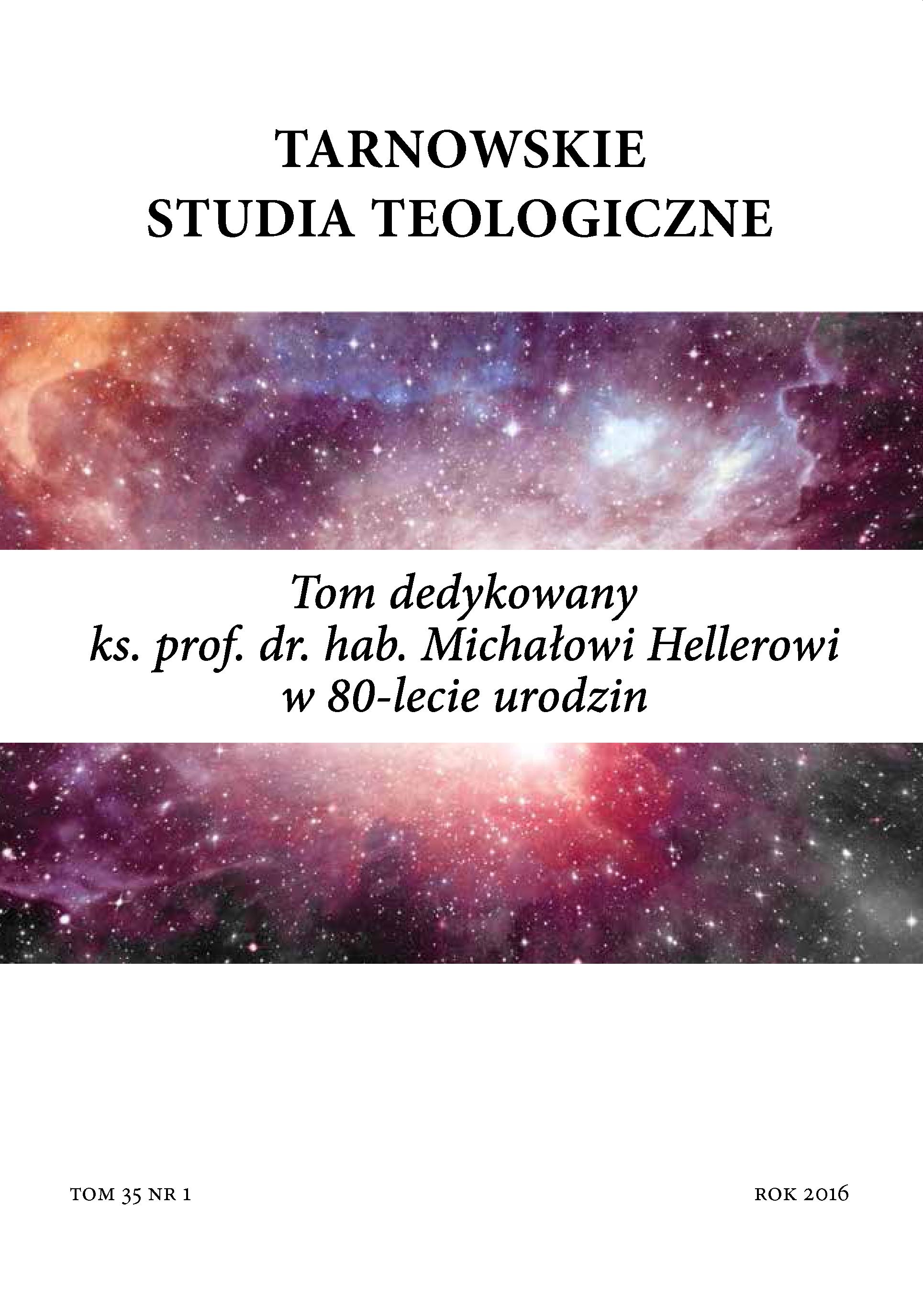Dobro potomstwa w kanonicznym prawie małżeńskim.
Próba syntezy
The procreative good (bonum prolis) in canonical marriage law. An attempt at synthesis
Author(s): Rafał WierzchanowskiSubject(s): Christian Theology and Religion, Applied Sociology, Family and social welfare, Canon Law / Church Law
Published by: Wydawnictwo Naukowe Uniwersytetu Papieskiego Jana Pawła II w Krakowie
Keywords: fruitfulness; conjugal life; matrimonial consent; right over the body (ius in corpus); aptness for the generation of offspring; the procreation and upbringing of children;
Summary/Abstract: Following the directions of the Second Vatican Council, the current ecclesiastical legislation states in canon 1055 § 1 that the institution of marriage is, in its very nature, apt for bonum prolis and bonum coniugum. This publication presents the characteristic change (evolution) that has been taking place in canon law in relation to the procreative good. This change is often described as a transition from the purely biological dimension into a personalistic one. In the patristic thought and medieval canon studies, the marital inter courses were considered to be a remedy for lust (remedium concupiscentiae); however, through their aptness for new life, these acts became fully lawful (legal), and they were even a duty. This idea was adopted by the 1917 Code of Canon Law, which, in canon 1086 § 2, equated the procreative good with the right over the body (ius in corpus). As the analysis has shown, such a way of dealing with this question proved to be insufficient, as it did not consider a situation in which the spouses do not exclude the right to marriage acts itself, but they have an intention against the procreation of a child (e.g. by performing an abortion). The above mentioned lack or insufficiency was complemented by the new 1983 Code. According to its norms (regulations), the procreative good should be perceived in relation to a fruitful marriage act, in which the spouses mutually give themselves to each other and mutually accept their gifts of self. Thus, it is better to talk about the openness to life or potential maternity and paternity than about a right over the body, because in such an approach, having children is an affirmation of a mutual communion of persons. It is also worth mentioning that the canonical doctrine and the Vatican II documents uni vocally connect the procreative good with the duty of bringing up the children.
Journal: Tarnowskie Studia Teologiczne
- Issue Year: 35/2016
- Issue No: 2
- Page Range: 51-72
- Page Count: 22
- Language: Polish

